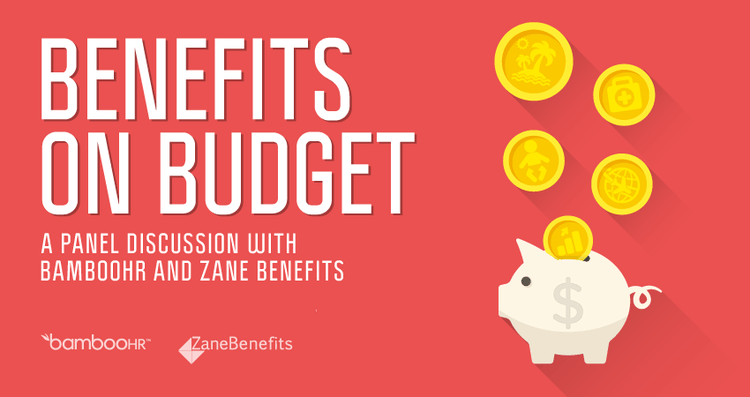Health Reimbursement Account (HRA)
What Is an HRA?
A health reimbursement account (HRA) is an employer-sponsored benefit participants can use to pay for qualified medical expenses. Employers fund the account with pre-tax dollars up to a yearly maximum. Many HRA plans coincide with group health plans, while others come with specific requirements and/or fulfill specific needs, such as:
- Qualified small employer HRA (QSEHRA): Small businesses with less than 50 employees can offer a QSEHRA. This benefit is ideal for employers who can’t provide a group health plan but want to offset medical expenses.
- Individual coverage HRA (ICHRA): Instead of a traditional group health plan, employers of all sizes can offer an ICHRA to help employees cover insurance premiums and out-of-pocket medical costs.
- Excepted benefit HRA (EBHRA): This HRA allows employers to fund medical costs for employees who’ve opted out of their group health insurance plan.
HRAs are also called health reimbursement account (HRA-based) medical plans or health reimbursement arrangements, but they all refer to the same employee benefit.
Make benefits administration a breeze all year ‘round.
See how quick and easy managing benefits can be when you do it all in BambooHR.
HRA vs HSA: What's the Difference?
A health savings account (HSA) is another tax-advantaged plan that offsets health-related costs. The primary differences between HRA and HSA plans are ownership and funding.
An employer owns an HRA, while an employee owns an HSA. This means if an employee leaves the company, the remaining HRA balance goes back to the employer and an HSA balance goes with the employee.
Also, only an employer contributes to an HRA—both an employee and employer can fund an HSA.
Are HRAs and Health Insurance Stipends the Same?
An HRA is also different from a health insurance stipend. Employers may add extra money to their employees’ paychecks for various purposes (e.g. internet, wellness program, smartphone). A health insurance stipend can cover monthly premiums and medical expenses, but it’s usually considered taxable income and doesn’t come with the same level of oversight.
How Does an HRA Work?
An HRA is a benefit available for employees, their spouses, and eligible dependents during open enrollment. For the most part, employers decide how much goes into an HRA each year and which healthcare expenses qualify. This may include services not covered by a health plan, as well as expenses related to medical, dental, and vision care, such as:
- Blood pressure monitors
- Diabetic care supplies
- Eyeglasses and contact lenses
- Prescription and over-the-counter (OTC) medication
- Copays for healthcare services
Qualified expenses may be paid for in several ways as specified by the HRA plan, including:
- HRA card: Employees pay immediately via a debit or credit card linked to the account.
- Employee reimbursement: Employees pay out of pocket and submit receipts to get their money back.
- Provider reimbursement: These HRA plans pay the provider directly instead of the employee.
HRA funds typically expire at the end of the year, but some plans have a rollover provision that gives participants a little more time to use up their balance. Even though employees can’t take HRA money with them if they leave the company, some employers grant access after retirement.
Pros and Cons of HRAs
Before enhancing your benefits package, weigh the pros and cons to see if a medical reimbursement plan is the best choice for your company.
Pros
Advantages for employers:
- Employers maintain control over HRA plan design and fund rollover options.
- It’s easy to integrate with a Flexible Spending Account (FSA).
- It can be used as an employee retention tool.
- Employers enjoy tax-favored benefits.
Advantages for employees:
- It can allow for asset accumulation.
- Unlike an HSA, it doesn’t require an HDHP (High-Deductible Health Plan).
- It’s 100% employer funded.
- It’s not subject to income, Social Security, or Medicare taxes.
Cons
Disadvantages for employers:
- A self-employed person cannot set up their own HRA.
- It’s not always allowed to combine with a group health plan.
- Some plans have annual limits set by the IRS (e.g. $5,850 for QSEHRA in 2023), which prevents employers from offering a more generous perk.
Disadvantages for employees:
- Employees are not allowed to contribute to the account.
- HRAs have no cash value, even if the employee leaves.
- Employees and eligible household members may have to enroll in a health plan to gain access.
- Cosmetic or elective costs are often not covered.
Can an HRA Be Used to Pay Health Insurance Premiums?
Yes, as long as the company’s plan allows. Since the federal government gives employers wide latitude for determining the amount and type of medical expenses that can be covered, employer-funded HRA plans can be used to pay long-term care and health insurance premiums.
HRA vs. PPO: What’s the Difference?
A preferred provider organization (PPO) is a health insurance plan that partners with specific medical providers. PPO participants must go to partnering physicians and hospitals to receive the advantaged in-network pricing or pay additional costs to seek care outside this network. While it may be tied to a health plan, an HRA is not an insurance policy.

Join us for a panel discussion with thought leaders from BambooHR and Zane Benefits as we explore how optimizing your benefits helps you recruit and retain the best people for your organization.

Join BambooHR and League to explore how to go beyond wellness resolutions so your organization can reap all the benefits of a healthy workforce.